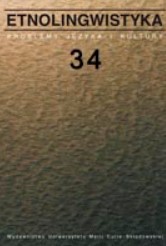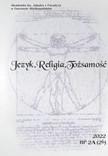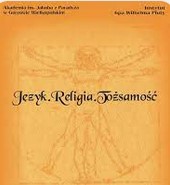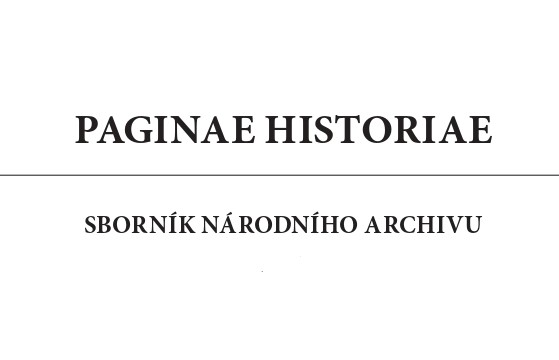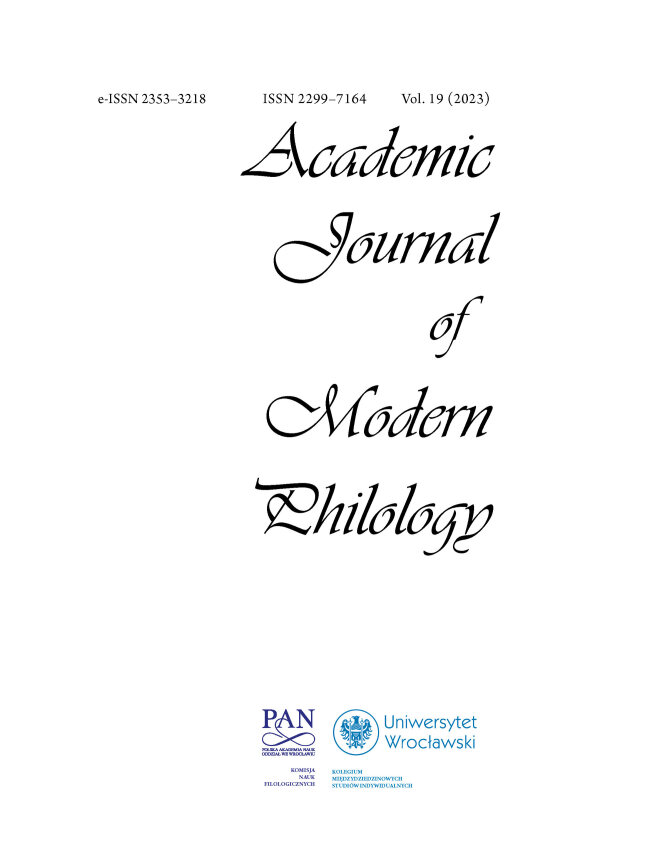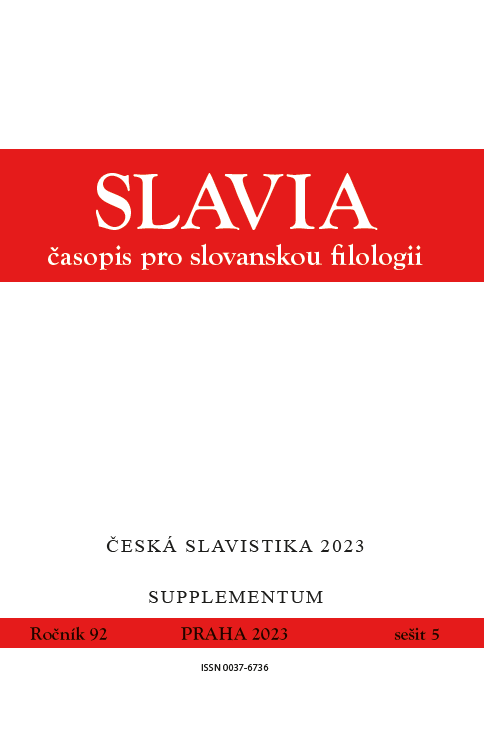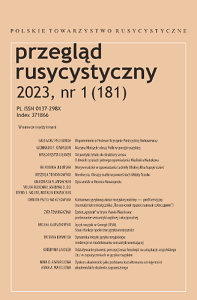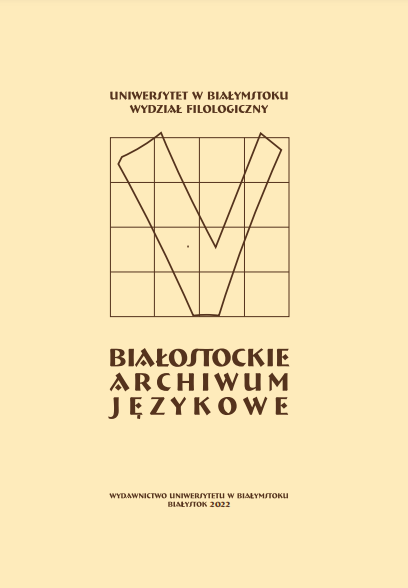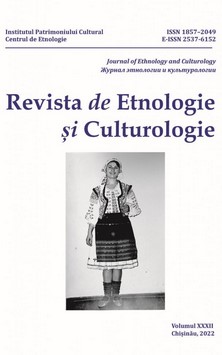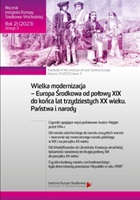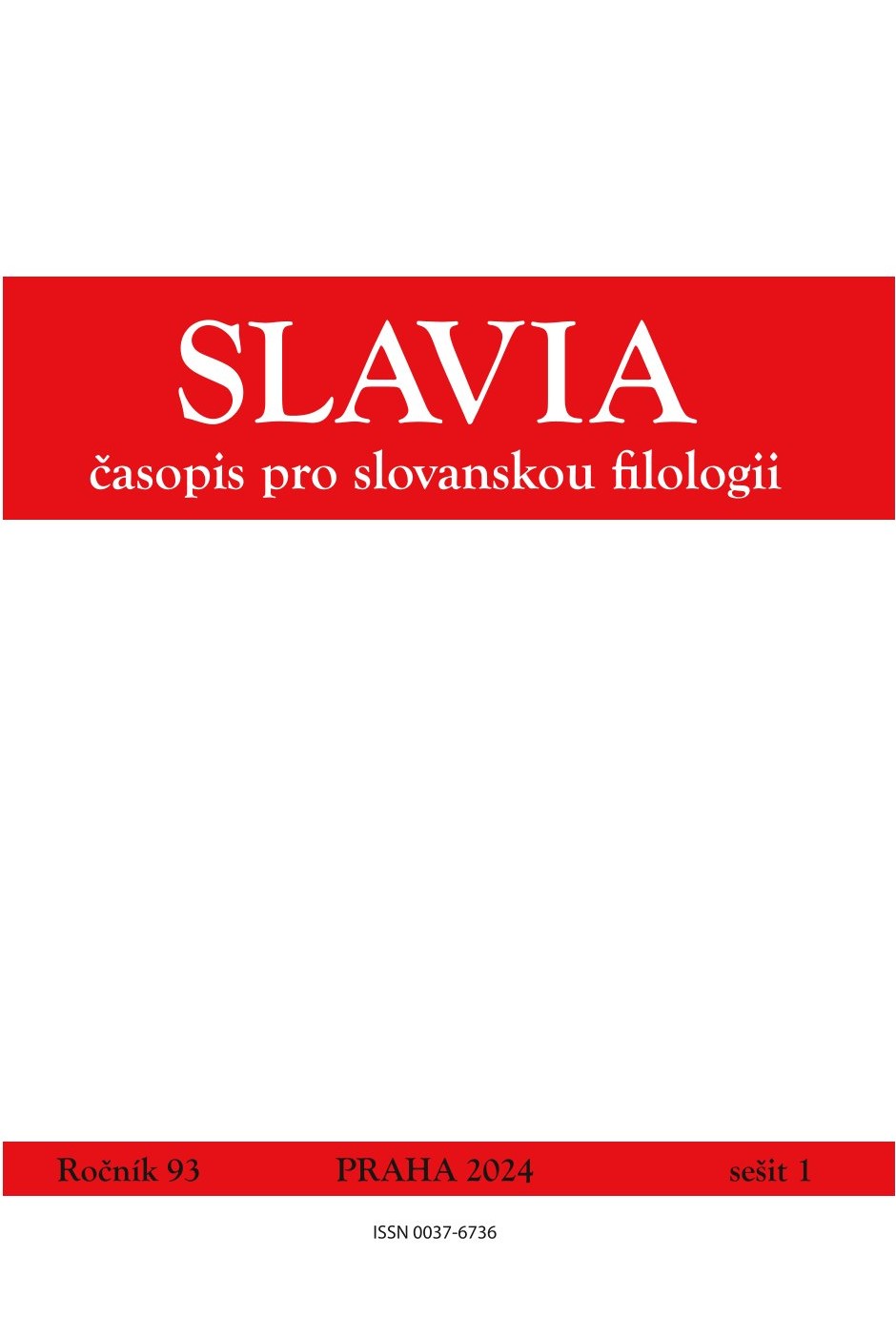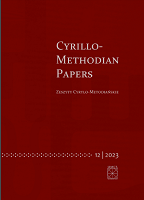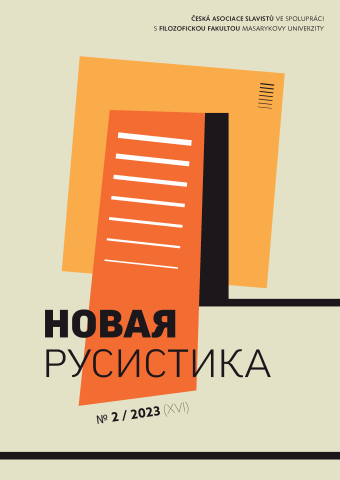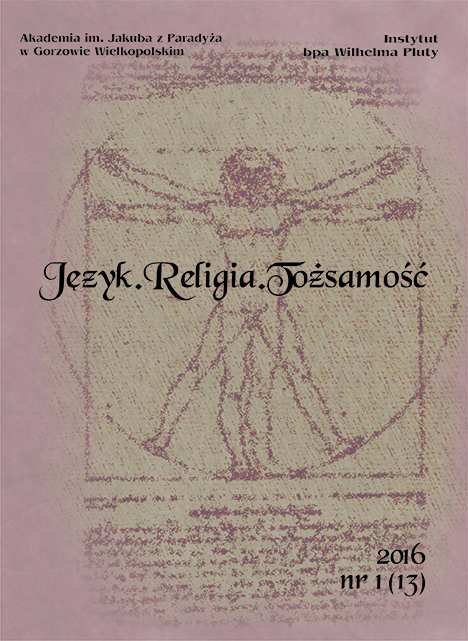
Słownictwo rzemieślnicze w powieści Historia żółtej ciżemki Antoniny Domańskiej
The aim of this paper is to analyze and assess stylistic and perceptual functions of craftsmanship vocabulary in The story of a yellow shoe by Antonina Domańska, a historical novel of manners. The author attempted at reflecting the old culture of artisans as well as traditions and customs involved in becoming a craftsman. 64 craftsmanship lexical items were analyzed and this analysis shows that the terminology used back then was rich and served various functions. The presence of these lexical items in the Polish language dictionaries published in the twentieth and twenty first centuries is limited. Questionnaires were distributed among 12-year olds to investigate their understanding of craftsmen vocabulary. Most of these 12-year olds do not know or understand vocabulary typically used by craftsmen. In modern-day publications of the novel, one does not find explanations of these lexical items' meaning which makes novel's reception difficult.
More...
